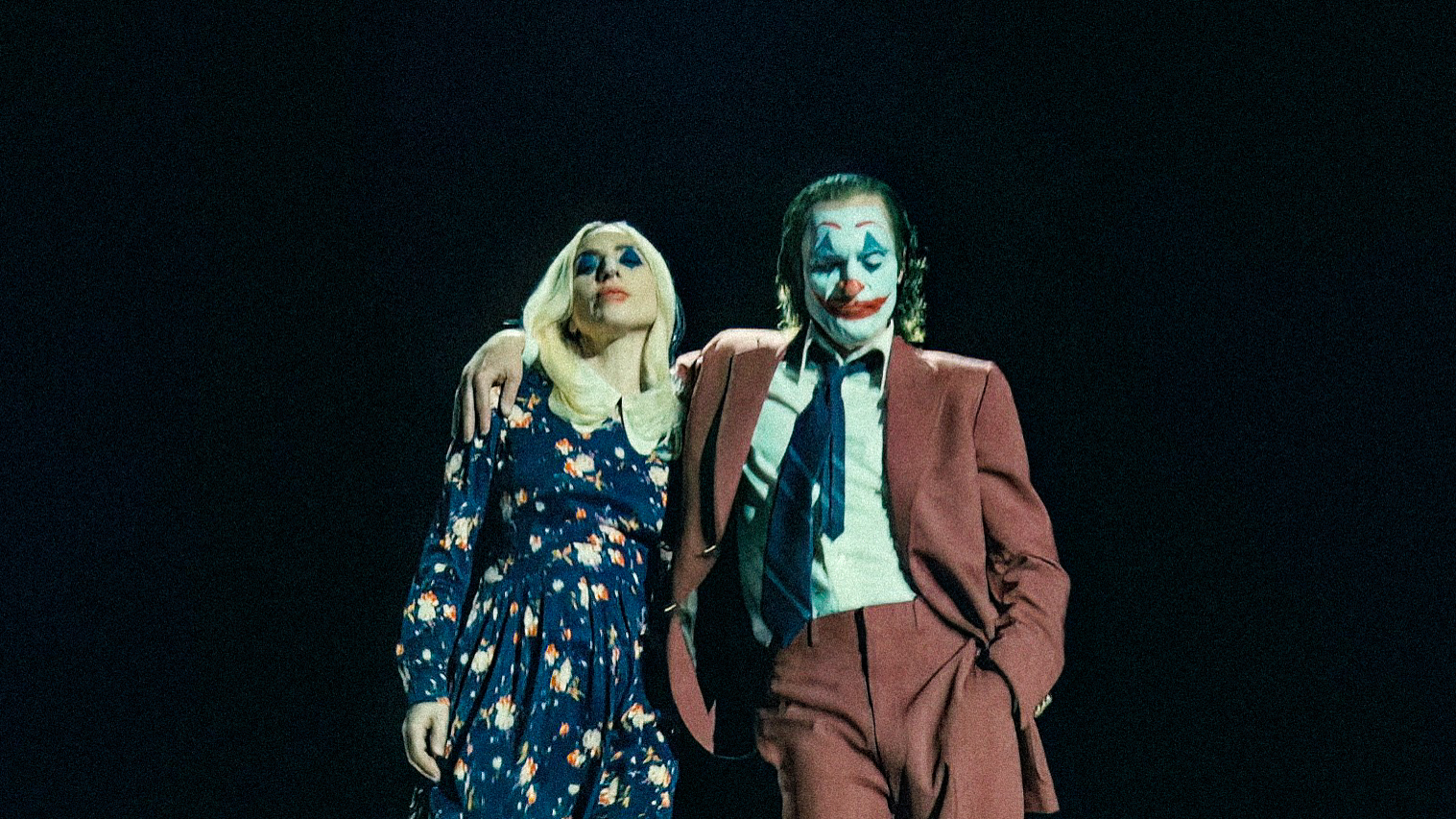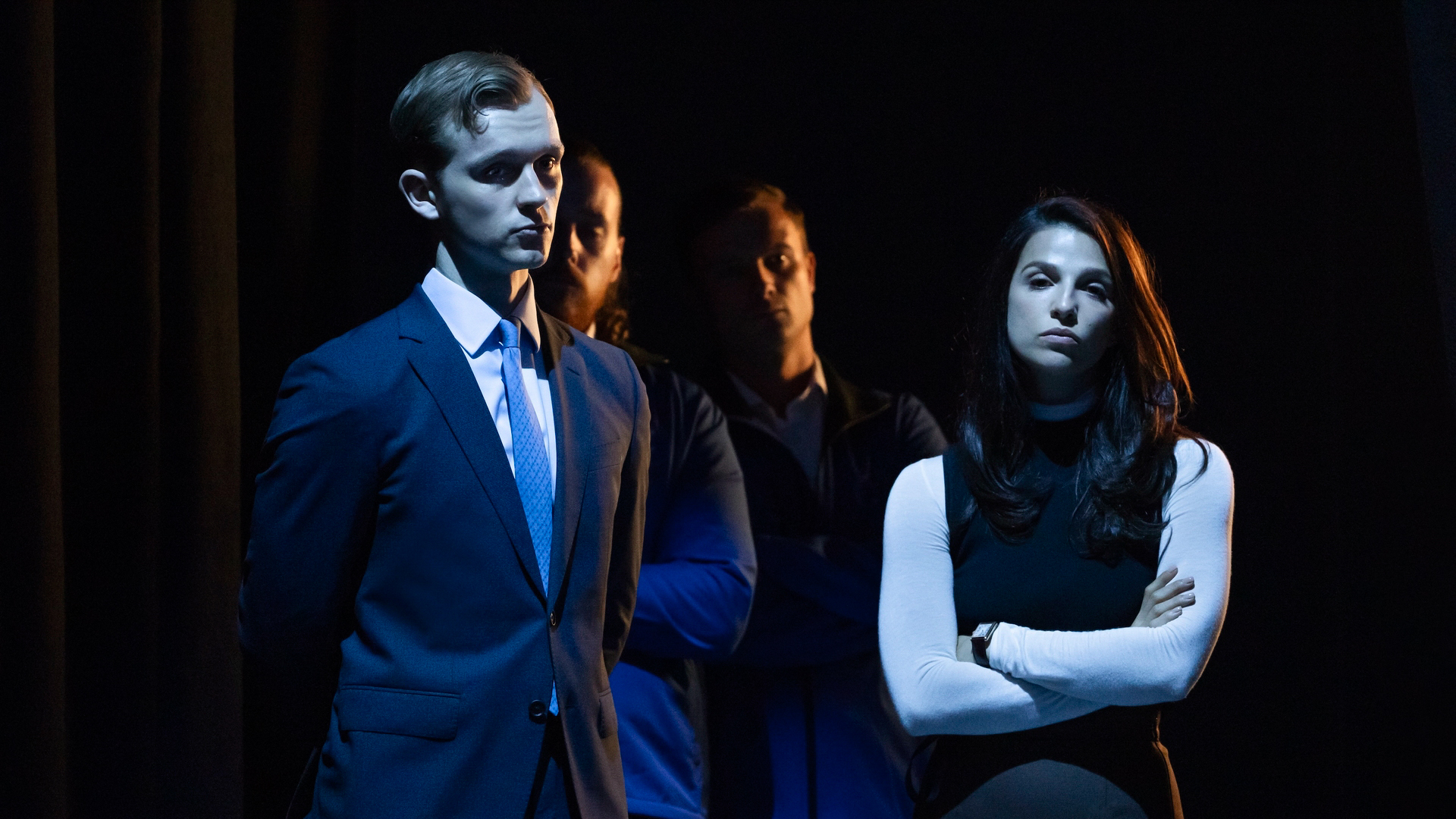The Trouble With Party Invites Today
6 min read
This is an edition of The Atlantic Daily, a newsletter that guides you through the biggest stories of the day, helps you discover new ideas, and recommends the best in culture. Sign up for it here.
In our scattered social-media age, a strange little problem has emerged: It is hard to figure out how to invite people to a party. A slew of digital tools is available—Paperless Post, Instagram stories, Partiful, a simple group text—that should theoretically make it easier to reach people. But it also means you have no one way to contact everyone you want to invite, and you’re left sending out multiple emails and posts for a single party. Sending a few extra texts hardly ranks among the world’s most pressing problems, but finding ways to gather people together is a meaningful act during a time when so many Americans—even the ones with friends—deal with loneliness and isolation. The challenge of the modern party invite is the story of the changing web in miniature: In recent decades, everyone seemed to be hanging out in the same few places online. Now people are dispersed widely across platforms, with even more variability based on age and affinity.
If you are loyal to a particular invitation method—or if you simply call your friends when you’re having a party—you may be scratching your head, wondering what I am talking about here. That’s fair enough. But according to my unscientific surveys, I am not the only one living in a dispersed invitation landscape. The other day, I texted a group of family members asking in what formats they get invited to parties. My Boomer mom responded first: Paperless Post, always, she said. My Gen Z sister, scoffing at the idea of receiving an email invite, said she mostly gets invites via the app Partiful, or group texts with friends (“grexts,” as she called them). My Millennial sister-in-law said she usually receives emails or texts from friends. Another, just as unscientific, poll of my colleagues indicated a similarly diverse range of invite approaches.
Geography seems to play a part too: My East Coast colleagues, especially those based in New York City, were familiar with Partiful, whereas that name meant little to people in other regions. (Partiful declined to share information about its users’ age and regional distribution with me.) These different experiences mirror the broader feeling of spending time online right now. Compared with a decade ago, when the internet was loosely understandable as a cohesive body, the web now is splintered and evacuated of any semblance of monoculture, as my colleague Charlie Warzel has written. That lack of common practices can breed a sense of disorientation—there’s no one TV show everyone seems to be watching, or one funny post or viral moment of the day. It can also cause logistical headaches.
The party-invite patchwork is especially new to Millennials, many of whom, for years, relied on the trusty Facebook event as their go-to method—one that let hosts be very inclusive about whom they were inviting without needing to have everyone’s phone number or email address. But now the platform has dramatically declined in popularity among younger generations. Hosts, turning to other options, risk inadvertently excluding potential invitees who aren’t on the same apps—especially those outside one’s inner circle. (Meta didn’t respond to my inquiry about its event feature.)
Am I being dramatic? Perhaps. Lizzie Post, the great-great-granddaughter of the etiquette doyenne Emily Post and a co-president of her eponymous institute, was far too polite to say as much to me when we spoke on the phone. She did note that although navigating a varied invite landscape is not an entirely new phenomenon, the digital world has introduced novel etiquette questions: For example, if you see an Instagram story about a party, are you really invited?
Post told me that my approach for inviting people to my recent birthday party, at which I served a six-foot sandwich to my friends in Prospect Park, was both clear and “so cool” (not to brag or anything). In addition to my Instagram “close friends” story invite, which stated that anyone who saw it was invited, I sent some personal messages to people who may have missed it, and told other friends about it in person. Was this extra work? A bit. Was it worth it? Absolutely. That our online lives are so diffuse only reinforces the value of in-person gathering. Parties alone can’t fix what my colleague Derek Thompson has called “a hang-out depression,” caused in part by the demands of technology. But, for all the annoyance of our new party landscape, putting in a bit of extra effort to get people together can be a beautiful thing.
Related:
- Why Americans suddenly stopped hanging out
- Partiful calls itself “facebook events for hot people.”
Here are three new stories from The Atlantic:
- How do you forgive the people who killed your family?
- It’s time to stop taking Sam Altman at his word, David Karpf argues.
- Yuval Noah Harari wants to reclaim Zionism.
Today’s News
- The longshoremen’s strike has been suspended until January 15, after the union reached a tentative agreement with the U.S. Maritime Alliance.
- Last month, 254,000 jobs were added to the U.S. economy, and the unemployment rate dropped to 4.1 percent.
- The U.S. military launched strikes that hit more than a dozen Houthi targets in Yemen, according to U.S. officials.
Dispatches
- The Books Briefing: Karl Ove Knausgaard’s exploration of the art of Edvard Munch is moving and worthwhile, Emma Sarappo writes.
- Atlantic Intelligence: What if your ChatGPT transcripts leaked?
Explore all of our newsletters here.
Evening Read

More Evidence That Celebrities Just Don’t Like You
By Spencer Kornhaber
Examples are stacking up: Celebrities just don’t like us. Last year, Donald Glover enlisted his famous friends to make a gruesome TV show about a killer pop fan. This year, Chappell Roan, the breakout singing sensation of 2024, called her most ardent admirers creepy. Now Joker: Folie à Deux offers a tedious lecture about the challenges of fame. Audience members may walk out feeling punished for the crime of wanting to be entertained by a comic-book-inspired movie-musical starring some of the most successful performers on Earth.
Read the full article.
More From The Atlantic
- Lithium is making a comeback.
- We’re entering uncharted territory for math.
- Amir Tibon: “How my father saved my life on October 7”
Culture Break

Watch. Ever feel like your life is determined by powerful forces beyond your reach? Industry (streaming on Max) is the show for you, Zachary Siegel writes.
Read. “The Ghosts of Wannsee,” a short story by Lauren Groff:
“On my runs around Wannsee, from the corner of my eye, I could glimpse the furious ghosts of the place seething in the middle of the lake, transforming into whitecaps if I looked at them directly.”
Play our daily crossword.
P.S.
Among the many meats on my six-foot birthday sandwich was capicola. This cured meat has long been a staple of my Italian sandwiches, so I was tickled to see it among the words and phrases Merriam-Webster added to its dictionary this year. It is in good company with touch grass and nepo baby.
— Lora
Stephanie Bai contributed to this newsletter.
When you buy a book using a link in this newsletter, we receive a commission. Thank you for supporting The Atlantic.



